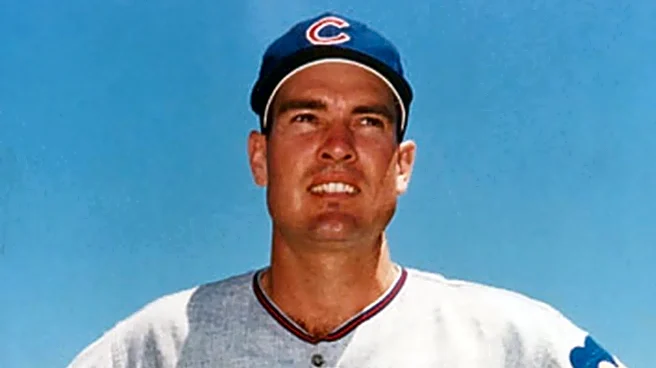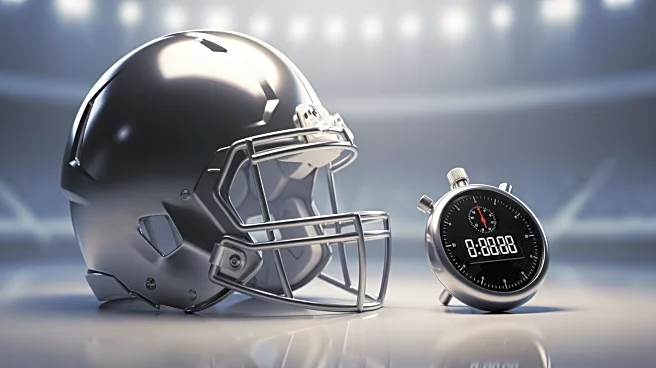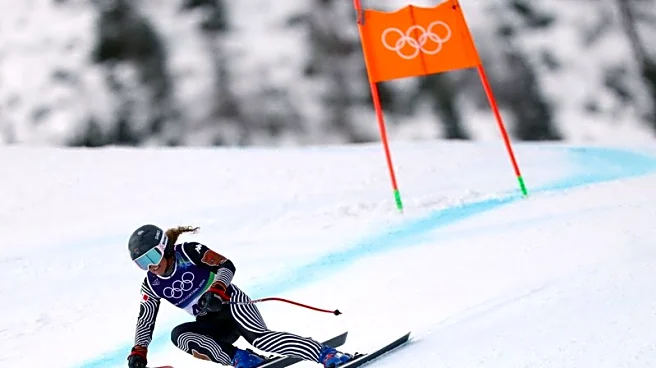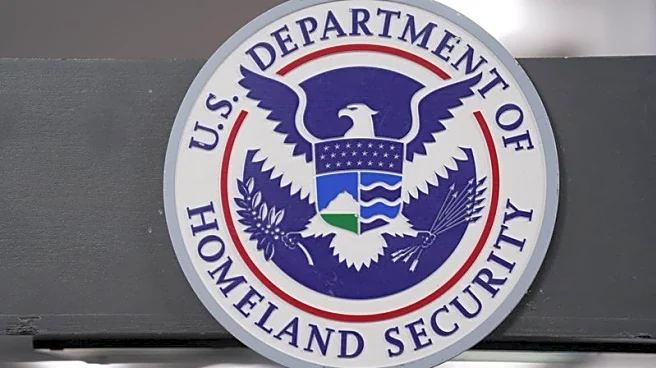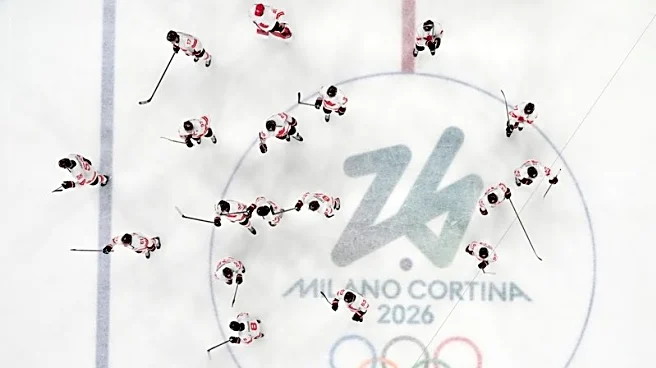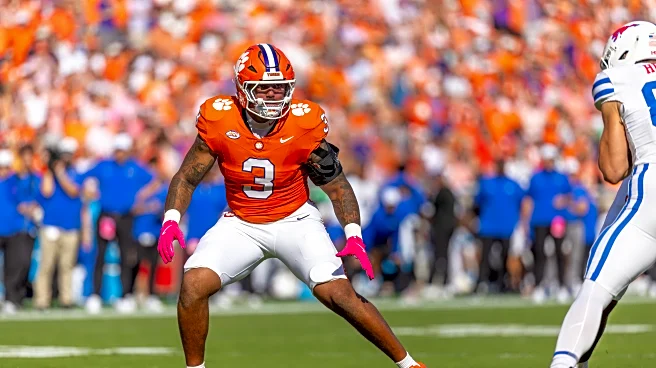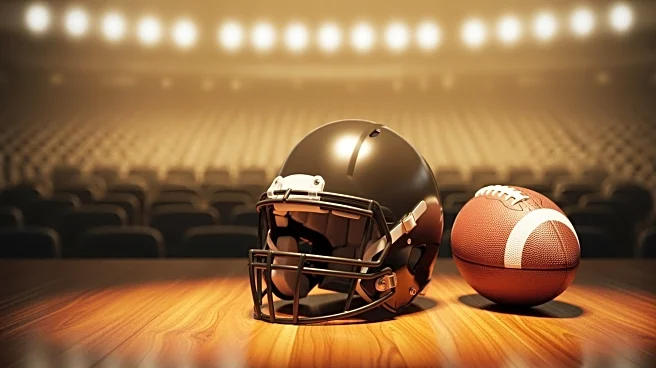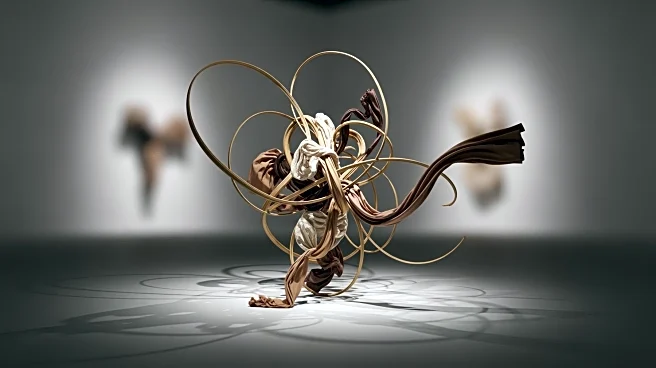EDITOR’S NOTE: A version of this article originally ran on the 60th anniversary of this game, in 2023. I’m reposting it, lightly edited, as part of the walkoff wins series.
1963 was a watershed year for the Chicago Cubs. The widely-mocked College of Coaches was quietly ended. Bob Kennedy led the team for the entire year, though his title was still given as “head coach,” and the team got off to a surprisingly good start. A good 16-12 May had them in contention, led by two fine young hitters — Billy
Williams and Ron Santo, both having their first big years — and the outstanding pitching of Dick Ellsworth, who had gone 9-20 with a 5.09 ERA in 1962. Entering June 1963, Ellsworth was 6-3 with a 1.22 ERA in 10 starts.
The Cubs went 5-1 to begin June. They swept a doubleheader from the Giants at Wrigley Field June 5, putting them just a game behind first-place San Francisco going into a Thursday afternoon affair against the visitors from San Francisco the next day.
The game went into extra innings tied 2-2 after Williams hit a two-run homer off Juan Marichal to tie the game with two out in the eighth. The Giants began the top of the 10th with two singles and a sacrifice bunt, putting runners on second and third; Willie Mays was the runner on second. An intentional walk was issued to load the bases, and then Kennedy called on Lindy McDaniel, who had been acquired in one of John Holland’s better deals the previous offseason. The Cubs got McDaniel, Larry Jackson and Jimmie Schaffer from the Cardinals for George Altman, Don Cardwell and Moe Thacker.
From Edward Prell in the Tribune:
In came McDaniel. The record books will say that he made four pitches to retire the side and preserve the 2 to 2 deadlock. But he threw five times. The extra “pitch” was to shortstop Andy Rodgers, who had sneaked behind Mays, the runner on second base, while McDaniel was working on Ed Bailey.
Lindy had fooled Bailey on his dipping fork ball on a first pitch after the emergency call.
Suddenly, he whirled and fired to Rodgers, who put the tag on Willie before the startled Giant could scramble back to the bag, right arm outstretched. Willie said, “O, —-”, and the rest of his words were censored, a most proper deletion.
Considering that was written more than 60 years ago, the last sentence above was pretty scandalous for a major newspaper, even though no profanity was actually published.
Prell continued:
McDaniel struck out Bailey to end the inning. Strike two was a low pitch which ticked Ed’s bat. Then he fanned on another low swooper, bringing on a standing ovation which is becoming standard these days in the old park at Addison and Clark streets.
McDaniel was the first scheduled hitter in the bottom of the 10th. He had thrown just four pitches, so Kennedy decided to leave him in to bat for himself. This was fairly common in that era. McDaniel, entering 1963, was a .179 career hitter with one home run in 234 career at-bats, “not bad for a pitcher,” as some used to say.
Lefthander Billy Pierce had taken over from Marichal to begin the 10th for the Giants. He ran the count to 2-2 on McDaniel. The relief pitcher swung at Pierce’s fifth pitch and sent it into the bleachers in left-center for a walkoff home run and a 3-2 victory, putting the Cubs in a first-place tie with the Giants. It was the first time they’d been in first place that late in a season since 1945. The announced attendance that afternoon was just 11,240, but it probably sounded like many times that number. Sadly, no video survives of McDaniel’s feats.
Walkoff home runs by relief pitchers were exceptionally rare, even that long ago. No one hit another one until Jim Hardin of the Orioles did it May 10, 1969, and the last such walkoff was hit in 1986 by ex-Cub Craig Lefferts for the Giants against the Padres. Just 32 pitchers have ever hit walkoff home runs and only 15 times was that by a relief pitcher (since 1915, per baseball-reference’s database). Of course, with the universal DH now instituted in MLB, there won’t be any more of these.
The Cubs’ stay in first place was brief — just two days — but they stayed in modest contention until early August, hanging within five or six games before fading and finishing seventh. With a winning record of 82-80, it was the Cubs’ first over-.500 season since 1946.
McDaniel was part of two significant Cubs trades, both of which worked out well for the team. He was acquired from the Cardinals along with Larry Jackson in the 1962-63 offseason for George Altman, Don Cardwell and Moe Thacker. After three good years with the Cubs he was shipped to the Giants, with Don Landrum, for Bill Hands and Randy Hundley, That one worked out extremely well for the Cubs, though McDaniel would have looked pretty good in the 1969 Cubs bullpen when it fell apart late in the year. McDaniel pitched well for the Giants, Yankees and Royals for nearly a decade after he left the Cubs, retiring after 1975.
